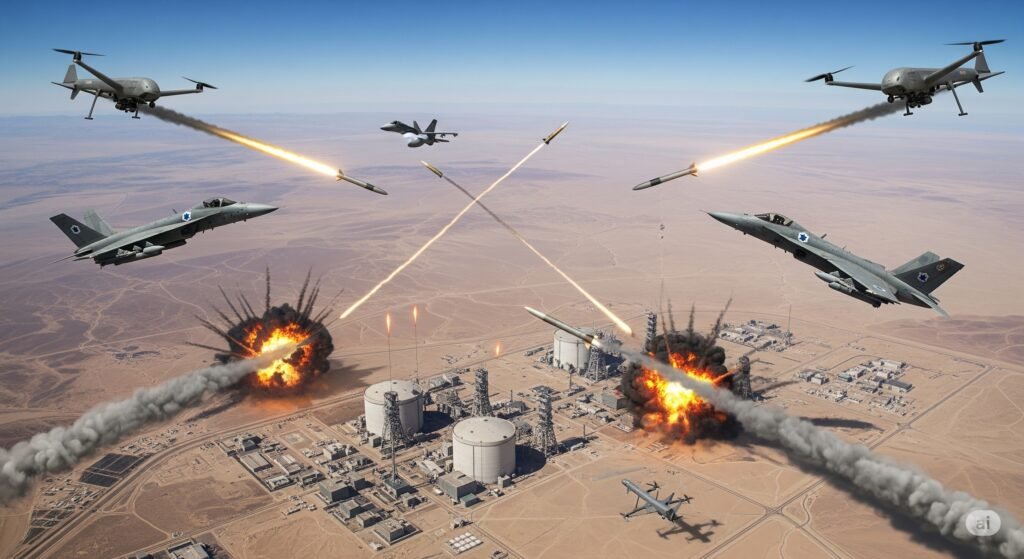Trump’s past ultimatum to Iran has expired, raising questions about a potential new nuclear deal. What’s next for the US and Iran?
While headlines often paint a picture of unwavering stances and escalating tensions, the complexities of international diplomacy frequently offer unexpected turns. Such is the case with the ongoing saga of the United States and Iran’s nuclear ambitions. Recent comments from President Donald Trump have injected a new element into this long-standing issue, suggesting that Iran might have a “second chance” to strike a nuclear deal.
Revisiting the 60-Day Mark
Many will recall the previous 60-day ultimatum issued to Iran, a deadline that has since passed. According to Trump’s recent statements, that timeframe has now been exceeded by a single day. This seemingly minor detail carries significant weight, hinting at a potential shift in approach or at least a reevaluation of the situation. The initial ultimatum was part of a broader strategy aimed at compelling Iran to renegotiate the existing nuclear agreement, which the US had previously withdrawn from.
A Glimmer of Opportunity?
The suggestion of a “second chance” is noteworthy. It implies a willingness, at least on the part of the former president, to consider renewed negotiations despite past frustrations and disagreements. For those in the United States closely following this issue, this could be interpreted in several ways:
- A strategic maneuver: Perhaps this is a calculated statement intended to pressure Iran or test its current leadership’s willingness to engage.
- A genuine opening: It could also signal a recognition that a diplomatic solution remains the most viable path forward in preventing Iran from developing nuclear weapons.
- A reflection of evolving circumstances: The geopolitical landscape is constantly shifting, and perhaps recent developments have created a new context for potential talks.
What Does This Mean for the Future?
The implications of a potential “second chance” are far-reaching. For the United States, any future engagement with Iran on nuclear issues would need to address concerns that led to the previous withdrawal, such as the sunset clauses in the original deal and Iran’s ballistic missile program. Domestically, any new agreement would likely face intense scrutiny and debate.
For Iran, the decision to potentially re-enter negotiations would involve weighing the potential benefits of sanctions relief against concerns about its sovereignty and nuclear program limitations. The internal political dynamics within Iran would also play a crucial role in any such decision.
Navigating a Complex Path
Ultimately, the path forward remains uncertain. While the idea of a “second chance” offers a glimmer of hope for a diplomatic resolution, significant hurdles remain. Trust between the two nations is low, and fundamental disagreements persist. However, the acknowledgment of a potential new opportunity suggests that the door to dialogue may not be entirely closed. As developments unfold, Americans will be watching closely to see if this potential opening leads to meaningful progress in addressing a critical national security concern.











